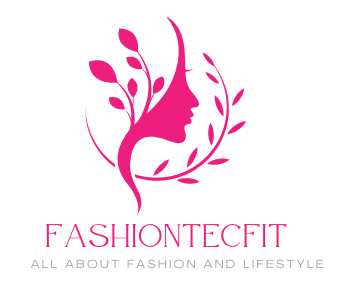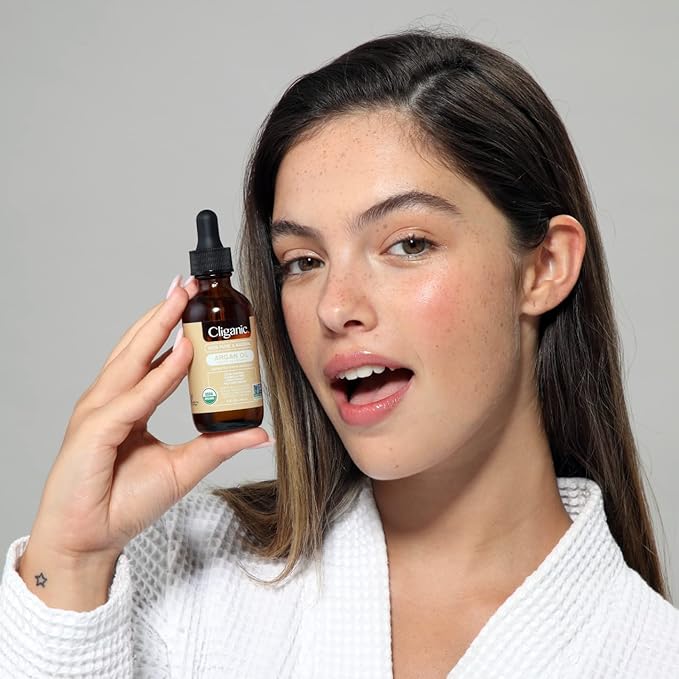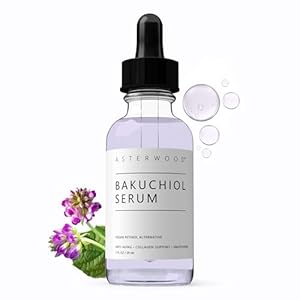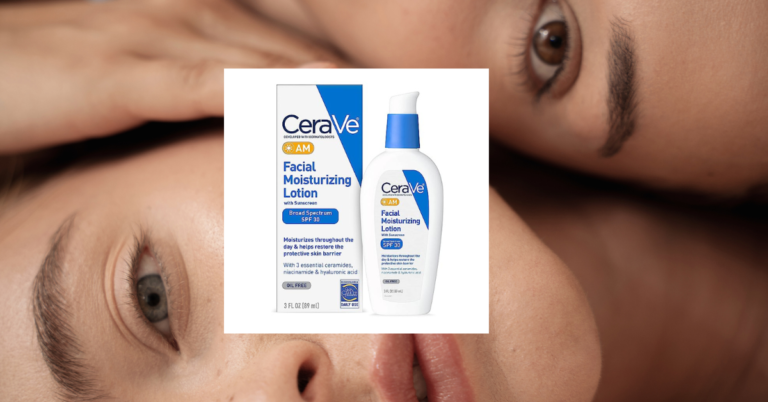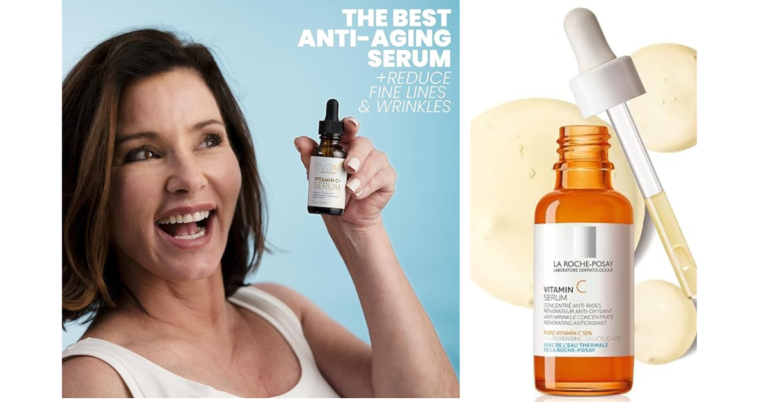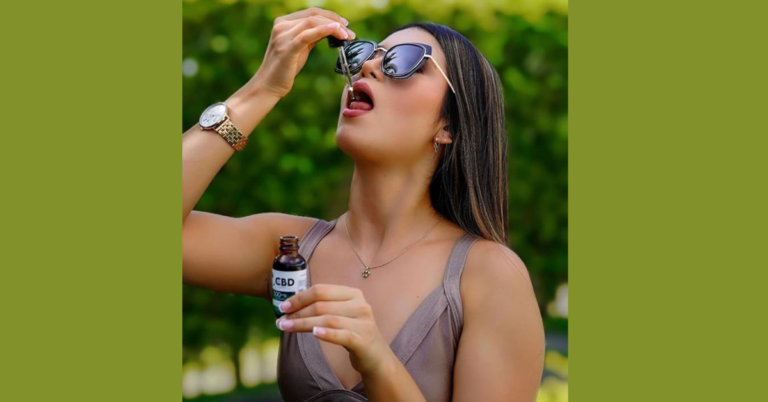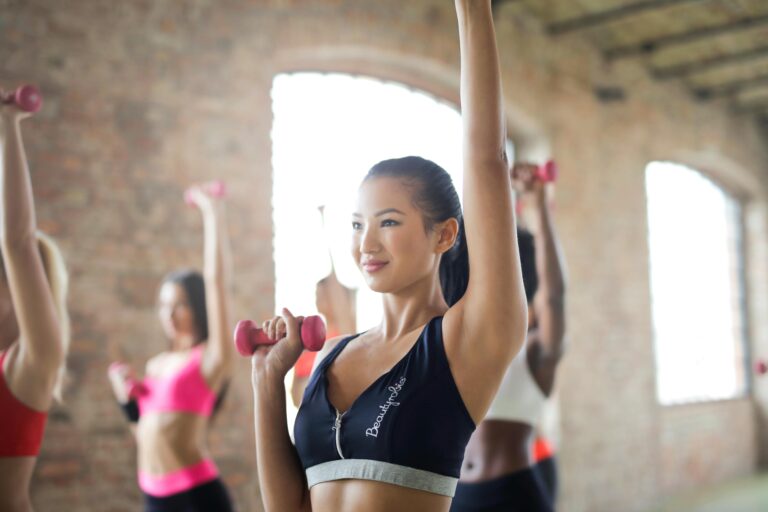Bakuchiol Serum: A Gentle Alternative to Retinol
Introduction
In the world of skincare, retinol has long been hailed as the gold standard for anti-aging and acne treatment. However, it often comes with a set of drawbacks, including irritation, dryness, and sensitivity to sunlight. Enter bakuchiol, a plant-based alternative that promises similar benefits without the harsh side effects. In this comprehensive guide, we’ll delve into what bakuchiol is, its benefits, how it compares to retinol, and why it might be the perfect addition to your skincare routine.
What is Bakuchiol?
The Origins of Bakuchiol
Bakuchiol is a natural compound extracted from the seeds and leaves of the Psoralea corylifolia plant, also known as the babchi plant. This plant has been used in traditional Chinese and Indian medicine for centuries, primarily for its anti-inflammatory and antibacterial properties.
Chemical Structure and Properties
Unlike retinol, which is a derivative of vitamin A, bakuchiol is a monoterpene phenol. Despite their different chemical structures, bakuchiol and retinol share similar effects on the skin, such as promoting collagen production and cellular turnover.
Benefits of Bakuchiol
Anti-Aging Properties
Bakuchiol has been shown to reduce the appearance of fine lines and wrinkles by stimulating collagen production. Collagen is a protein that maintains the skin’s elasticity and firmness, which diminishes as we age.
Brightening and Even Skin Tone
Bakuchiol helps to even out skin tone and reduce hyperpigmentation by inhibiting the production of melanin. This can lead to a brighter and more radiant complexion.
Anti-Inflammatory and Antioxidant Effects
Bakuchiol possesses strong anti-inflammatory and antioxidant properties, which help to protect the skin from environmental stressors and reduce inflammation. This makes it particularly beneficial for those with sensitive or acne-prone skin.
Gentle on the Skin
One of the most significant advantages of bakuchiol is its gentle nature. Unlike retinol, which can cause dryness, redness, and irritation, bakuchiol is well-tolerated by most skin types, including sensitive skin.
Bakuchiol vs. Retinol
Similarities
Both bakuchiol and retinol are known for their ability to promote collagen production, enhance cellular turnover, and improve the overall texture and tone of the skin. Studies have shown that bakuchiol can offer similar anti-aging benefits as retinol without the associated side effects.
Differences
The primary difference between the two lies in their origin and side effect profiles. Retinol is a synthetic derivative of vitamin A, while bakuchiol is a natural plant-based compound. Retinol can cause skin irritation, dryness, and increased sensitivity to sunlight, whereas bakuchiol is much gentler and less likely to cause adverse reactions.
Efficacy Comparison
Several studies have demonstrated that bakuchiol is as effective as retinol in improving signs of aging and reducing acne. One study published in the British Journal of Dermatology found that bakuchiol was comparable to retinol in reducing wrinkles and hyperpigmentation, with fewer side effects.
How to Incorporate Bakuchiol into Your Skincare Routine
Choosing the Right Product
When selecting a bakuchiol serum, look for products with a concentration of at least 0.5% bakuchiol. It’s also essential to choose a product that is free from harmful additives and suitable for your skin type.
Application Tips
For optimal results, apply bakuchiol serum to clean, dry skin once or twice daily. You can use it in the morning and/or evening, as bakuchiol does not increase your skin’s sensitivity to sunlight. Follow up with your regular moisturizer and sunscreen during the day.
Combining with Other Skincare Ingredients
Bakuchiol can be safely combined with other skincare ingredients, such as hyaluronic acid, vitamin C, and niacinamide. These ingredients can enhance the overall benefits and help address various skin concerns.
Real-Life Testimonials and Success Stories
Success Story 1: A Natural Solution for Sensitive Skin
Jane, a 35-year-old marketing executive, struggled with sensitive skin that reacted poorly to retinol. After switching to a bakuchiol serum, she noticed a significant improvement in her skin’s texture and a reduction in fine lines without the irritation she experienced with retinol.
Success Story 2: Clearer Skin Without the Side Effects
Tom, a 28-year-old teacher, battled acne for years and found that retinol helped but caused excessive dryness. Upon trying bakuchiol, he experienced clearer skin and fewer breakouts without the dryness and peeling.
Success Story 3: A Radiant Complexion at Any Age
Maria, a 50-year-old graphic designer, wanted to address age spots and uneven skin tone. Bakuchiol serum helped brighten her complexion and fade hyperpigmentation, giving her a more youthful appearance.
Frequently Asked Questions (FAQs)
1. What is bakuchiol?
Bakuchiol is a natural compound derived from the seeds and leaves of the Psoralea corylifolia plant. It is known for its anti-aging, anti-inflammatory, and antioxidant properties.
2. How does bakuchiol compare to retinol?
Bakuchiol offers similar benefits to retinol, such as promoting collagen production and improving skin texture, but it is gentler on the skin and less likely to irritate.
3. Can bakuchiol be used on sensitive skin?
Yes, bakuchiol is well-tolerated by most skin types, including sensitive skin. It is a gentler alternative to retinol, making it suitable for those with sensitive skin.
4. How often should I use Bakuchiol serum?
Bakuchiol serum can be used once or twice daily, depending on your skin’s needs and the product’s instructions. It is safe to use in the morning and/or evening.
5. Can I use Bakuchiol with other skincare ingredients?
Yes, bakuchiol can be safely combined with other skincare ingredients, such as hyaluronic acid, vitamin C, and niacinamide, to enhance overall benefits.
6. Is bakuchiol safe for pregnant or breastfeeding women?
While bakuchiol is generally considered safe, it is always best to consult with a healthcare provider before using any new skincare products during pregnancy or breastfeeding.
7. Will Bakuchiol make my skin sensitive to sunlight?
No, unlike retinol, bakuchiol does not increase your skin’s sensitivity to sunlight. However, it is still essential to use sunscreen every day to protect your skin from UV damage.
8. How long does it take to see results with Bakuchiol?
Results can vary, but many users notice improvements in their skin’s texture and tone within a few weeks of consistent use. For best results, use Bakuchiol serum regularly.
9. Can bakuchiol help with acne?
Yes, bakuchiol has antibacterial and anti-inflammatory properties that can help reduce acne and prevent future breakouts.
10. Is bakuchiol vegan and cruelty-free?
Yes, bakuchiol is a plant-based compound, making it suitable for vegan and cruelty-free skincare products.
11. How should I store my Bakuchiol serum?
Store your Bakuchiol serum in a cool, dry place away from direct sunlight to maintain its efficacy.
12. Can men use bakuchiol serum?
Yes, bakuchiol serum is suitable for all genders and can address various skin concerns, including aging and acne.
13. Does bakuchiol have any side effects?
Bakuchiol is generally well-tolerated and has a lower risk of side effects compared to retinol. However, it is always best to perform a patch test before using any new skincare product.
14. Can I use Bakuchiol if I have rosacea?
Bakuchiol’s anti-inflammatory properties may benefit those with rosacea, but it is advisable to consult with a dermatologist before incorporating it into your routine.
15. Is bakuchiol effective for mature skin?
Yes, bakuchiol can help improve the appearance of fine lines, wrinkles, and hyperpigmentation, making it beneficial for mature skin.
16. Can bakuchiol be used on the body?
Yes, bakuchiol can be used on the body to address concerns such as aging and uneven skin tone. Look for body lotions or creams containing bakuchiol.
17. What is the recommended concentration of bakuchiol in skincare products?
A concentration of at least 0.5% bakuchiol is recommended for effective results. Always check the product label for concentration information.
18. Can I use Bakuchiol around the eyes?
Yes, bakuchiol is gentle enough for use around the delicate eye area. Look for eye creams or serums that contain bakuchiol.
19. Does bakuchiol help with dark circles?
While bakuchiol may help improve skin tone and texture, it is not specifically targeted for dark circles. Combining it with other ingredients like caffeine or vitamin K may yield better results.
20. Where can I purchase Bakuchiol serum?
Bakuchiol serums are available at various online and brick-and-mortar stores, including beauty retailers, pharmacies, and skincare specialty shops. Always choose reputable brands and read reviews to ensure product quality.
Conclusion
Bakuchiol is a promising and gentle alternative to retinol, offering numerous benefits without the harsh side effects. Whether you’re looking to combat signs of aging, reduce acne, or simply enhance your skincare routine, Bakuchiol Serum could be the solution you’ve been searching for. By understanding its properties, benefits, and how to incorporate it into your daily regimen, you can achieve healthier, more radiant skin.
